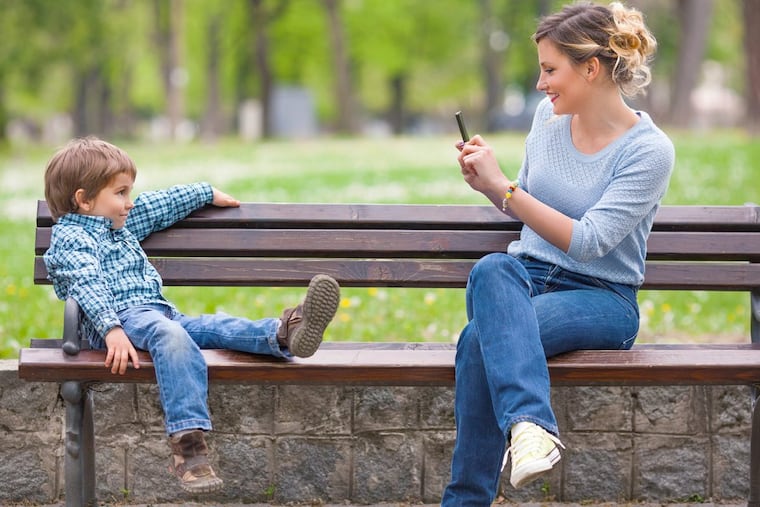What to know about 'sharenting' and 'digital kidnapping'
Here's why sharing too much information about your children over social media can become a problem.

With the news that Facebook exposed data on 50 million users to the political research company Cambridge Analytica and routinely sells information to countless advertisers, we can no longer deny that we have very little privacy if we use social media. CEO Mark Zuckerberg has been in congressional hearings about why the company did little to protect users' data.
As adults, we're free to make decisions about which personal details we share publicly and on which social media platforms. But when it comes to our children and grandchildren, we need to be especially selective and cautious.
Let's face it, parents and grandparents love to brag about their kids by sharing pictures of nearly everything they do. It's so common, there's even a term for it – sharenting! It's when parents share way too much information about their kids with way too many people.
Although we might think of this as an annoying, but harmless, hobby, it isn't.
On a recent Today Show, investigative reporter Jeff Rossen visited a family with young children on the premise of talking about social media usage. What the mother didn't know was that a cyber safety expert was searching her Facebook page. In a very short time, the expert learned the names of her husband, her children, their schools, teachers, and babysitter. More frightening, because of geotagging – which gives the location where photos were taken – she was able to find exactly where they went, including their favorite playgrounds.
The oversharing of information has given rise to a new phenomenon, dubbed "digital kidnapping." This happens when someone reposts a child's photo as their own across a variety of social media. The "photonappers" take pleasure in the number of likes and comments they receive. There are even people using the pictures to participate in role playing games, creating fantasy lives. These sites can sometimes be identified with the hashtags #adoptionrp, #orphanrp, and #babyrp.
Does this mean we should never post pictures of our kids? Of course not. What it does mean is we have to be smart about it. Rossen suggests:
On Instagram, make your profile private
On Facebook, click "Limit Past Posts" in your privacy settings to change public posts so they can be shared only with friends.
On Facebook, categorize your friends. Make separate groups for those you trust the most, and when you post, share your kids' photos only with them.
To keep your photo locations private, go to your camera's privacy settings and make sure the location function is off.
Never put your kids in your current profile or cover photo on any social platform. Those are always public, no matter the setting.
Use Daylight Savings Time as a reminder to go through your friends on social media and clean house: Delete anyone you're not really friends with.
You should also consider not posting photos that give away identifying details, such as your child wearing a school T-shirt or standing next to the front door or mailbox showing your house number.
To be extra safe, there are a variety of ways, such as Google Photos and Apple Photos, to share photos with only "invited" friends. If you want to share more information, including family schedules and school events, you could use such apps as KidsLink. There's no need to be paranoid about sharing photos, but please be smart.